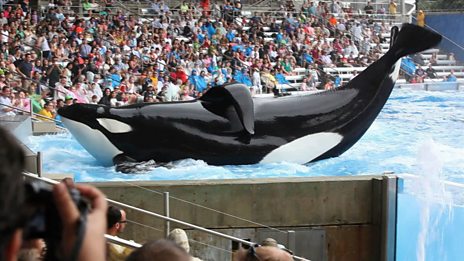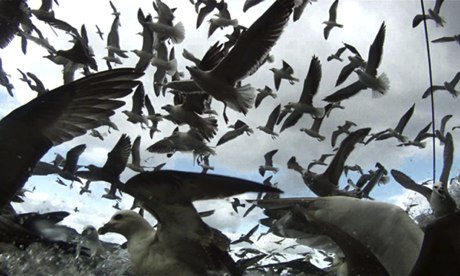Employees at the supermarket voted for the cause out of a number of others at an introductory function last month, citing strong connections to west Cornwall's community and maritime history as reasons for the decision.
Julian Waring, who works at the port's branch, said the fact the mission was picked was very touching. "We got the phone call the following day," Mr Waring said.
"It shows how valued the charity is locally. All the 300 employees are supporting us – it's really quite humbling.
"I went down there and the big smiles I was getting were lovely. Some had family members who had benefited from the organisation."
Mr Waring said the partnership with the retail giant was "really significant" and he hoped it would bring in a considerable amount more money for the work it does. "It's a real boost," he said.
"Through this we can reach more fishermen.
"It's difficult to know how much more money we'll get, but it may well be in the thousands. It'll be considerable."
 |
| Mission skipper Keith on tea watch! |
The mission's Superintendent Keith Dickson said Sainsbury's staff told him they were happy at the decision. "They were "really pleased that we were chosen," he said. "We're going to work very closely with them. "We're really grateful for their support. It will make a big difference to our fundraising." The partnership will present opportunities for fundraising events, collection points and in-store incentives in aid of the mission's work. The store's new manager Steve Moine described the charity as "a crucial part of the community". "The store is very proud to be able to have this relationship with a charity that touches so many local people."
Read more: Follow us: @thisiscornwall on Twitter




























